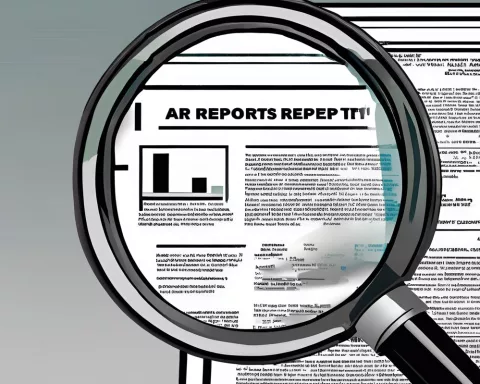The Unemployment Insurance Fund (UIF) has allocated R62 billion for the COVID-19 TERS relief funds, of which KwaZulu-Natal businesses received R9.2 billion. To verify that the monies were paid to workers who were meant to receive the relief funds, the “follow the money” audit was set up.
Failure to Cooperate with Audit Results in UIF Freezing Company Bank Accounts and Assets
Several KwaZulu-Natal companies have failed to cooperate with the audit, despite making prior arrangements with forensic auditors to visit their premises. As a result, the UIF has frozen their company bank accounts and assets to enforce cooperation with the audit.
Use Audit Opportunity to Demonstrate Good Corporate Citizenry and Clear Any Suspicion of Wrongdoing, Says Maruping
UIF Commissioner Teboho Maruping has issued a stern warning to non-cooperating company directors to use the audit opportunity to demonstrate good corporate citizenry and exonerate themselves from any suspicion of wrongdoing.
UIF Intensifies Efforts on Follow the Money Project
The UIF has deployed more than 360 auditors from seven companies with auditing, accounting, and forensic investigation to assist with the “follow the money” project. Since the beginning of 2022, more than 15 company directors have been criminally prosecuted for Covid-19-related fraud.
Cooperation with Audit is Imperative to Ensure Relief Funds Reach Intended Recipients
It is imperative that companies cooperate with the “follow the money” audit to ensure that relief funds reach the intended recipients and that companies are held accountable for their actions. Failure to do so will result in the freezing of company bank accounts and assets, as Maruping has warned.
“Follow the Money” Audit is Necessary to Hold Companies Accountable for Their Actions
The fact that this auditing is happening during Workers’ Month is a spit in the face of the working class, and the UIF will not stand for it. The “follow the money” audit is necessary to ensure that relief funds reach the intended recipients and that companies are held accountable for their actions.
In conclusion, companies must cooperate with the audit to demonstrate good corporate citizenry and exonerate themselves from any suspicion of wrongdoing. The UIF will not hesitate to take action against non-cooperating companies, including freezing their bank accounts and assets and referring cases to the Hawks and the Asset Forfeiture Unit of the National Prosecuting Authority.












